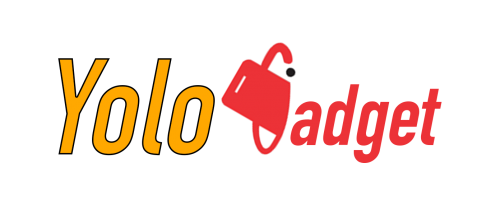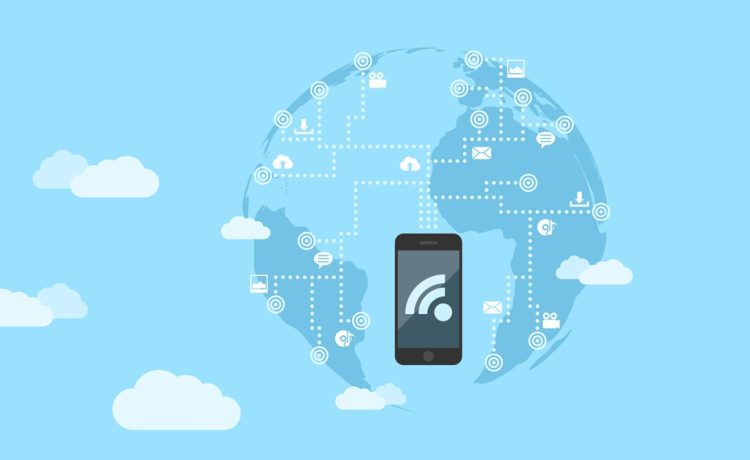With cyber threats constantly evolving, security remains a major concern when adopting any cloud-based tool storing personal data. That includes the latest breed of hugely popular online digital notepads leveraging the cloud for ubiquitous access. But what specific measures do these web-based and synchronized multi-platform notepad services employ to keep your sensitive notes truly secure? As we entrust more personal and professional data to digital note-taking platforms, let’s examine what key security protections they implement behind the scenes.
Encrypted data transmission
The first barrier protecting notes on any reputable online notepad is end-to-end encryption shielding data as it transmits across the internet. Industry-standard SSL/TLS protocols encrypt connections between devices and servers, scrambling data via cryptographic keys unlockable only by the intended recipient. It prevents network spying attempts from accessing plaintext notes or credentials in transit, a risk on unencrypted connections. The foundation finds over 81% of web traffic utilizes HTTPS encryption now versus just 45%. Most computing platforms also encrypt background synchronization by default now.
Blockchain-verified infrastructure
Operating securely online further requires the hosting infrastructure itself to employ hardened security measures against external attacks. Blockchain technology now delivers an innovative means of verification here through decentralized public ledgers. By integrating blockchain validation of their server systems and data centers, online notepads gain an immutable tamper-proof record of operational security meeting strict encrypted storage standards. Individual users even audit protections independently, ensuring note data resides only in certified secure facilities.
Zero-knowledge encryption standards
However, passing through secure connections and servers represents just half the equation. The most critical layer in keeping online notepad contents private is zero-knowledge encryption applied before secure storage in the cloud. The zero-knowledge standard means only the end user retains the decryption keys to unlock notes – not even the service provider can access them after encryption. Applied cryptography like AES-256 bit encryption meets such zero-knowledge criteria across leading online notepads. Your confidential notes essentially get secured behind unbreakable alphanumeric passwords only you control as the owner.
Controlling external sharing rights
Trusted online notepads allow granular control over access permissions when sharing any notes externally. Rather than wholesale publishing rights, you customize exactly what level of access recipients obtain down to the individual note. For example, shared access may allow colleagues to collaboratively edit a team project notepad while restricting personal finance notes in the same account. Advanced permissions even control abilities to download, print, or copy specific notes. And access revocation gets enforced at any time on the sharing user’s end.
Minimizing metadata collection
You might wonder what kind of user data gets collected behind the scenes that could undermine privacy. Reputable online notepads generally collect minimal metadata about users or note characteristics, rather than recording or analyzing actual content, which remains encrypted. For example, login timestamps, device types, basic telemetry, some usage metrics, and optional demographic data constitute the bulk of metadata collection. Content-level access for data mining is contractually prohibited without explicit opt-in user consent under most policies. Data safety assessments provide further audits verifying policy compliance as well. Combined with encryption, metadata collection minimization gives users confidence their secure notes aren’t being exposed or exploited internally either. Read the full info, click it now notesonline.com.

